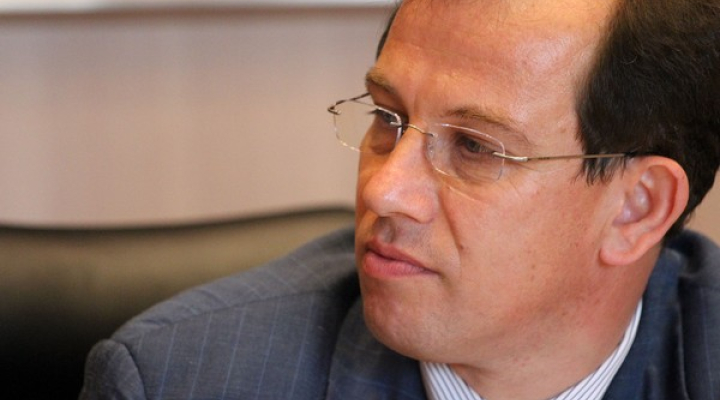The website of the European On-line Language Observatory, launched in Brussels
The European Day of Languages is celebrated this week for the fourth time in the European Parliament, the EU institution providing for the highest level of linguistic diversity.
This year, September 23rd marks the tenth anniversary of the European Year of Languages, the first program of the European Commission that targeted language use.
The series of events lasting over the course of several days are organized under the patronage of the EP’s vice-president in charge of multilingualism, Spanish socialist MEP Miguel Angel Martínez.
The new website of the European On-line Language Observatory, www.poliglotti4.eu was presented in a conference. The websites promotes the EU’s language policy according to the recommendations of the EU Civil Society Platform, body established by the EC in 2009. The website’s administrative costs are covered by a consortium whose member is the EU as well. After the deadline of the project, the website will be operated by the Brussels-based EUNIC, a network of national cultural institutes.
The Observatory’s content is available in English for now, however in time French and German materials will be also accessible. The website was created to promote the best practices and learning opportunities in the field of languages, therefore it can be accessed through social media like Facebook, Twitter and Linkedin. The target users are students and teachers of foreign languages, NGOs activating in the field of linguistic rights, educational institutions, universities, research centers and forums.
During a meeting organized on Wednesday, the 21st of September 2011, DAHR’s MEP Csaba Sógor met with the official translators of the EU. The representatives of the interpreters speaking mainly languages of the traditional minorities of Europe asked the Hungarian MEP from Transylvania to continue supporting decisions that encourage the usage of mother tongues because the restrictions caused by the economic crisis often result in the suspension of linguistic services, mainly in the case of less used languages.











